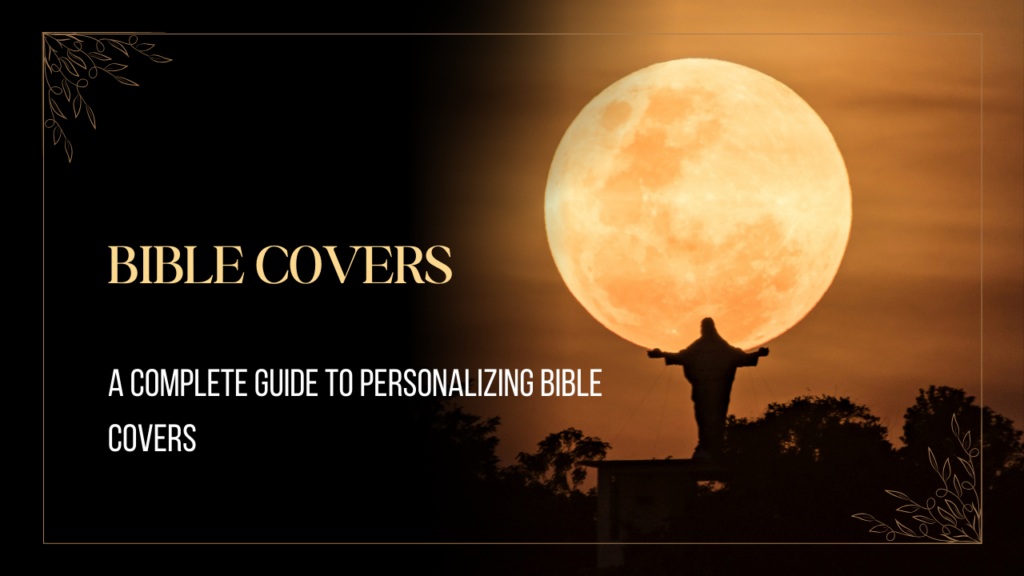Introduction
Bible Translation Bahai: The relationship between the Bible and the Bahá’í Faith is a subject of rich exploration. While the Bible serves as the foundational text for many Christians, the Bahá’í teachings also acknowledge its spiritual significance. In this article, we delve into various aspects of Bible translations through a Bahá’í lens, exploring how different translations align with the principles and teachings of the Bahá’í Faith.
Bahá’í Perspective on Bible Translations
The Bahá’í Faith views the Bible as an essential spiritual text that holds divine wisdom. However, the accuracy and interpretation of its many translations often raise questions. Bahá’ís generally appreciate efforts to translate the Bible into accessible languages, but they also consider the importance of understanding scripture within its original context and intent.
How Bahá’ís View Different Bible Translations
Different Bible translations, such as the King James Version (KJV), New International Version (NIV), and others, bring unique perspectives to biblical texts. Bahá’ís do not endorse a specific translation but encourage individuals to study various versions to gain a deeper understanding of Christian scripture. Comparative analysis of Bible translations often aligns with the Bahá’í emphasis on independent investigation of truth.
Comparing Bible Translations in Bahá’í Studies
In Bahá’í-inspired studies, exploring multiple translations of the Bible can provide a broader context for understanding key teachings. For instance, examining Bible prophecies through different translations reveals nuances that may resonate with Bahá’í interpretations, such as those related to the coming of divine messengers.
Interfaith Dialogue and Bible Translations
Bible translations play a significant role in interfaith dialogue. For Bahá’ís, the Bible is a bridge to fostering mutual respect and understanding with Christians. Discussing different translations helps uncover shared spiritual values and allows for meaningful conversations about scripture and faith.
The Bible in Bahá’í Spiritual Practices
While the Bahá’í Faith has its own scriptures, such as the writings of Bahá’u’lláh, the Bible remains a valuable resource for spiritual reflection. Bahá’ís often study the Bible alongside their own texts, appreciating its historical and prophetic significance. Key passages, like those from the New Testament, are frequently explored within Bahá’í study groups.
Conclusion
Bible Translation Bahai: Bible translations are a profound subject of study for Bahá’ís and others interested in spiritual exploration. By examining the Bible’s many versions, one can gain insights that enhance understanding of both Christian and Bahá’í teachings. Through respectful dialogue and study, these sacred texts serve as pathways to greater spiritual unity and enlightenment.

